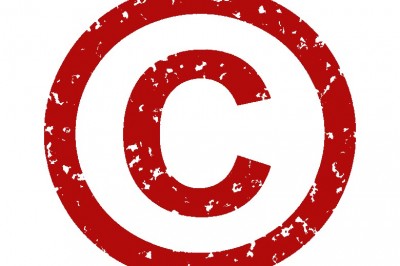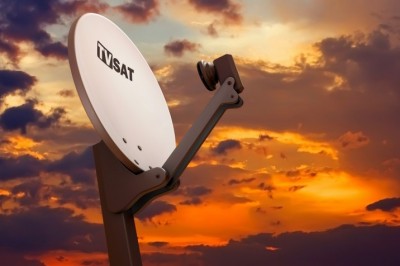Unfair Competition and Its Negative Effects to a Business
Unfair competition in business can result to economic injury which can amount to millions or even billions of dollars. To prevent such unlawful practice, the federal and state law imposes stricter penalties and higher fines for violators.
According to lawyers, the most common unfair competition involves trademark and copyright infringement. And with the booming technology industry, such violations are becoming even more rampant.
TiVo Vs Dish
One of the most recent and controversial patent infringement cases involved DVR (digital video recorder) maker TiVo Inc and TV service provider Dish Network Corps.
In June 2009, a federal court ordered Dish to pay TiVo with $103 million settlement for violating the latters patented software.
Five years ago, TiVo filed patent infringement lawsuit against Dish for infringing the Time Warp program-a software that allows people to watch a show while recording another program at the same time.
Meanwhile, another blow to the TV service provider is the court ruling that ordered the company to remove the infringed technology from its 193,000 DVR devices which have already been distributed to its subscribers.
Upholding the Patent, Copyright, and Trademark Laws
According to the United States Patent and Trademark Office (USPTO), patent, copyright, and trademark laws should be strictly enforced to protect inventors, artists, innovators, and producers and their works. By doing so will also boost the economy and encourage people with a creative mind to produce more innovations for the advancement of technology and science.
Imagine if there is no such law and regulation-inventors will not reap the benefit of their inventions which took years of hard work and dedication, writers will not be credited for their literary works, and technology experts will not be able to capitalize on their created software. Who will then be encouraged to invent something if this will be just stolen by others?
Four Basic Laws that Protect Inventors, Designers, Innovators, and Creative Minds
According to USPTO, there are four basic laws that protect inventions and innovations and these are patent, copyright, trademark, and service mark. While each of these aims to protect the interests of inventors, there are differences between these laws.
Patent law prevents other entities from selling, producing, distributing, and capitalizing on a patented work. However, this law does not provide inventors and innovators the right to sell, produce, produce, and distribute their own works. This is where copyright law comes in as it gives them the right to capitalize on their works and inventions through selling, producing, and distributing these to consumers.
Meanwhile, trademark law allows companies to exclusively use a certain symbol, word, and phrase which can be associated with its products. This law will not only protect the interest of companies but also prevents confusion among consumers.
Service mark is almost the same as trademark; the only difference is that it represents the company itself.
Visit our website to help you understand unfair competition and related concerns. Call us toll free for legal assistance.






















